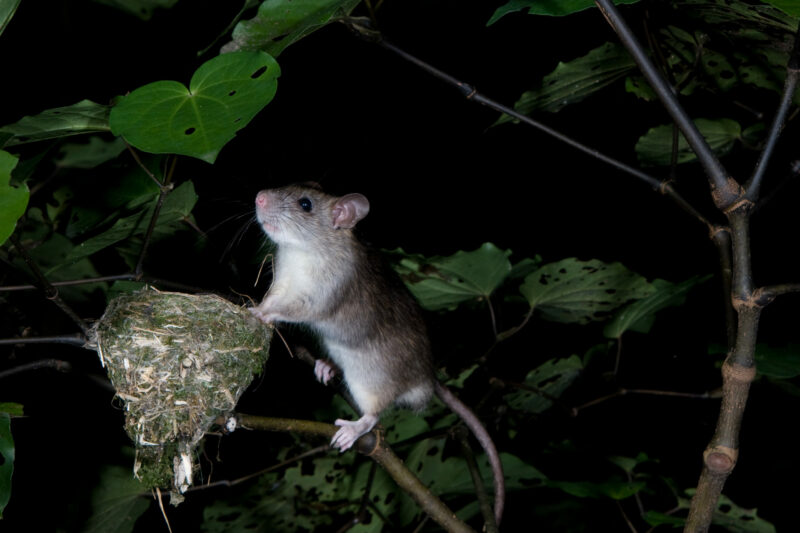An initiative created by BioHeritage has evolved from a research project into a vital forum for sharing information on pest management, the Vertebrate Pest Research Collective). With one of BioHeritage’s superpowers being its ability to find gaps in systems, the need for a forum for biosecurity researchers, practitioners and policymakers was first identified in a Tranche 1 project into new solutions for pest management in New Zealand. A list of nearly three dozen areas needing further research was then prioritised.
A follow-up survey and report explored the idea of a collective body to improve New Zealand’s ability to control small mammal pests – such as possums, rats, stoats, weasels and ferrets. These invasive animals compete for resources, impact our economy, and destroy the habitat of our native ecosystems. While many organisations and groups were doing similar or related pest management work, these groups had their own structures such as regional council biosecurity groups, with any information sharing outside the group often informal, serendipitous and based on personal relationships.
With 84% of respondents positive on the idea of a collective, discussions led by BioHeritage found it would be more efficient and effective to have an entity dedicated to proactively fostering collaboration, cooperation and sharing of information. As one stakeholder noted, any new entity shouldn’t just focus on one strand, but must support the huge diversity of current approaches undertaken throughout New Zealand.
While participants felt the Predator Free 2050 goals were well catered for, other research needs and different species could benefit from a collective approach. The scope evolved from just small mammals or predators to ‘vertebrate pests’. To achieve the most effective results, it was agreed that information should be widely shared and activities such as research, planning and operations, should be coordinated. The ‘community of practice’ is currently made up of around a dozen organisations from government agencies, science organisations and others with an interest in pest management, including DoC, MPI, Manaaki Whenua, OSPRI, PF2050 Limited, and Te Tira Whakamātaki.
In a report to their board, PF2050 Limited called the VPRC a ‘vital forum’ for sharing information. The collective will help identify research gaps and opportunities, as well as enable researchers, land managers and community groups to access the latest tools and research findings. For a modest investment of time and money, the Vertebrate Pest Research Collective has improved coordination and communication.
To contact the Collective, reach out via the Bionet page Contact us » Bionet.NZ
